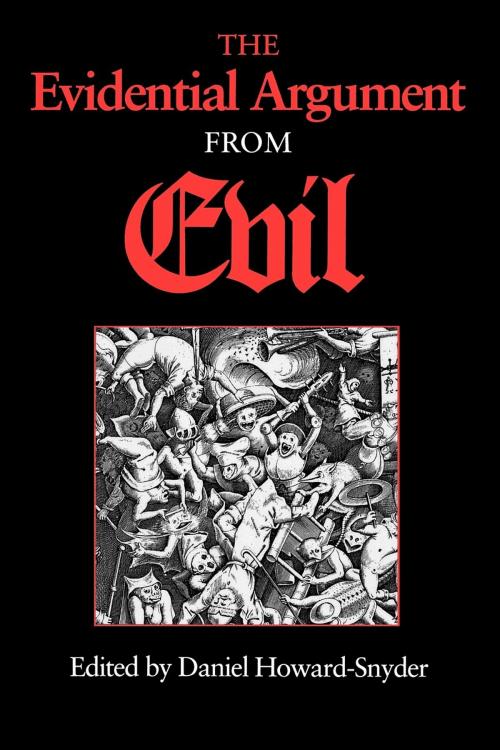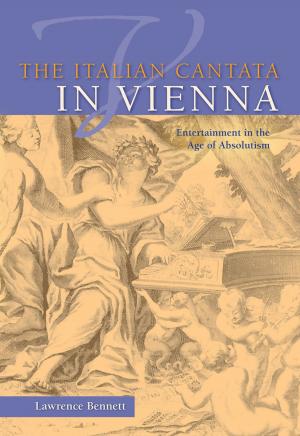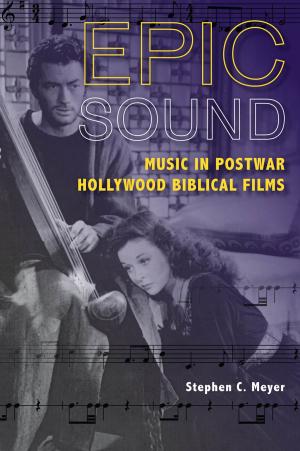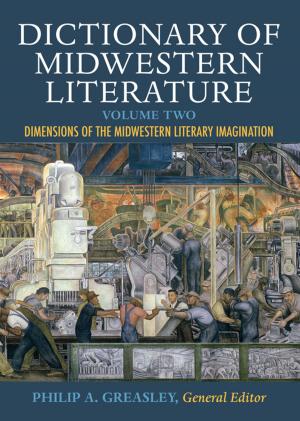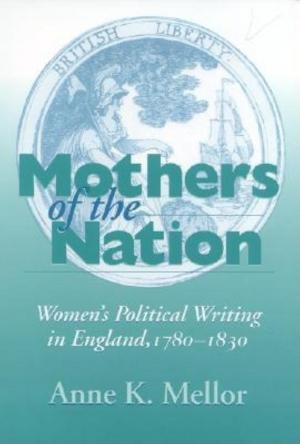| Author: | ISBN: | 9780253114099 | |
| Publisher: | Indiana University Press | Publication: | October 17, 2008 |
| Imprint: | Indiana University Press | Language: | English |
| Author: | |
| ISBN: | 9780253114099 |
| Publisher: | Indiana University Press |
| Publication: | October 17, 2008 |
| Imprint: | Indiana University Press |
| Language: | English |
Is evil evidence against the existence of God? Even if God and evil are compatible, it remains hotly contested whether evil renders belief in God unreasonable. The Evidential Argument from Evil presents five classic statements on this issue by eminent philosophers and theologians and places them in dialogue with eleven original essays reflecting new thinking by these and other scholars. The volume focuses on two versions of the argument. The first affirms that there is no reason for God to permit either certain specific horrors or the variety and profusion of undeserved suffering. The second asserts that pleasure and pain, given their biological role, are better explained by hypotheses other than theism.
Contributors include William P. Alston, Paul Draper, Richard M. Gale, Daniel Howard-Snyder, Alvin Plantinga, William L. Rowe, Bruce Russell, Eleonore Stump, Richard G. Swinburne, Peter van Inwagen, and Stephen John Wykstra.
Is evil evidence against the existence of God? Even if God and evil are compatible, it remains hotly contested whether evil renders belief in God unreasonable. The Evidential Argument from Evil presents five classic statements on this issue by eminent philosophers and theologians and places them in dialogue with eleven original essays reflecting new thinking by these and other scholars. The volume focuses on two versions of the argument. The first affirms that there is no reason for God to permit either certain specific horrors or the variety and profusion of undeserved suffering. The second asserts that pleasure and pain, given their biological role, are better explained by hypotheses other than theism.
Contributors include William P. Alston, Paul Draper, Richard M. Gale, Daniel Howard-Snyder, Alvin Plantinga, William L. Rowe, Bruce Russell, Eleonore Stump, Richard G. Swinburne, Peter van Inwagen, and Stephen John Wykstra.
